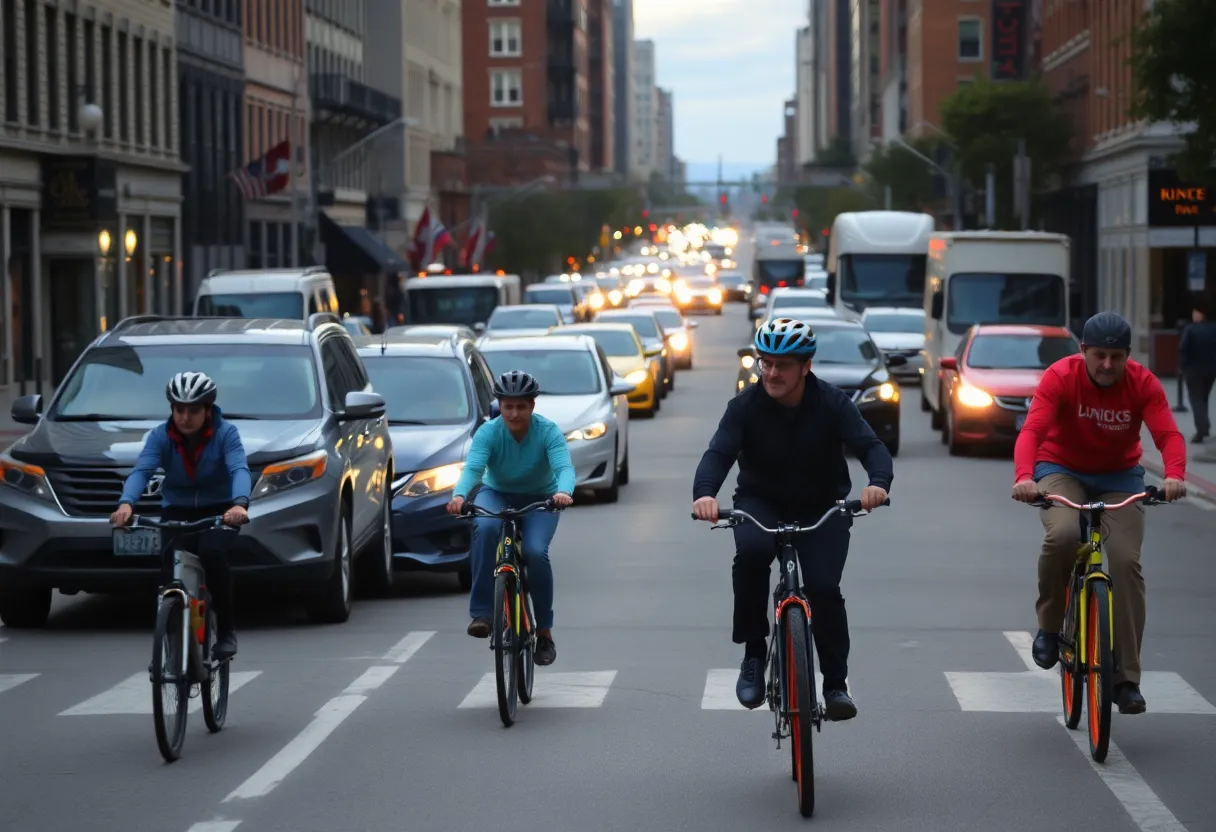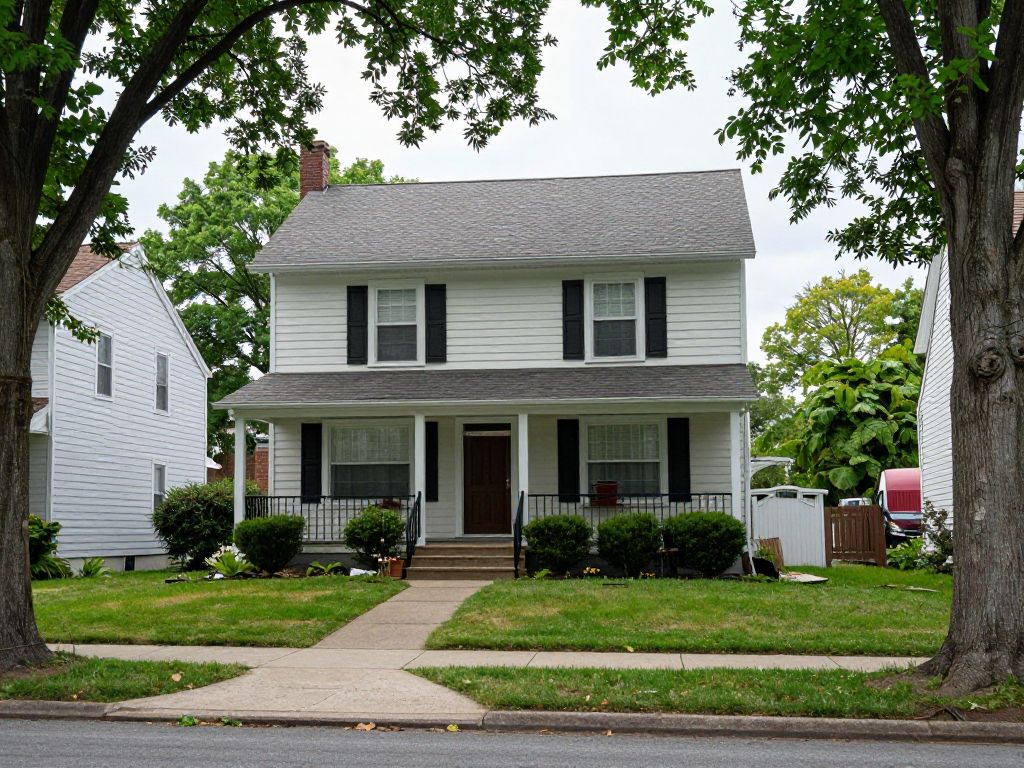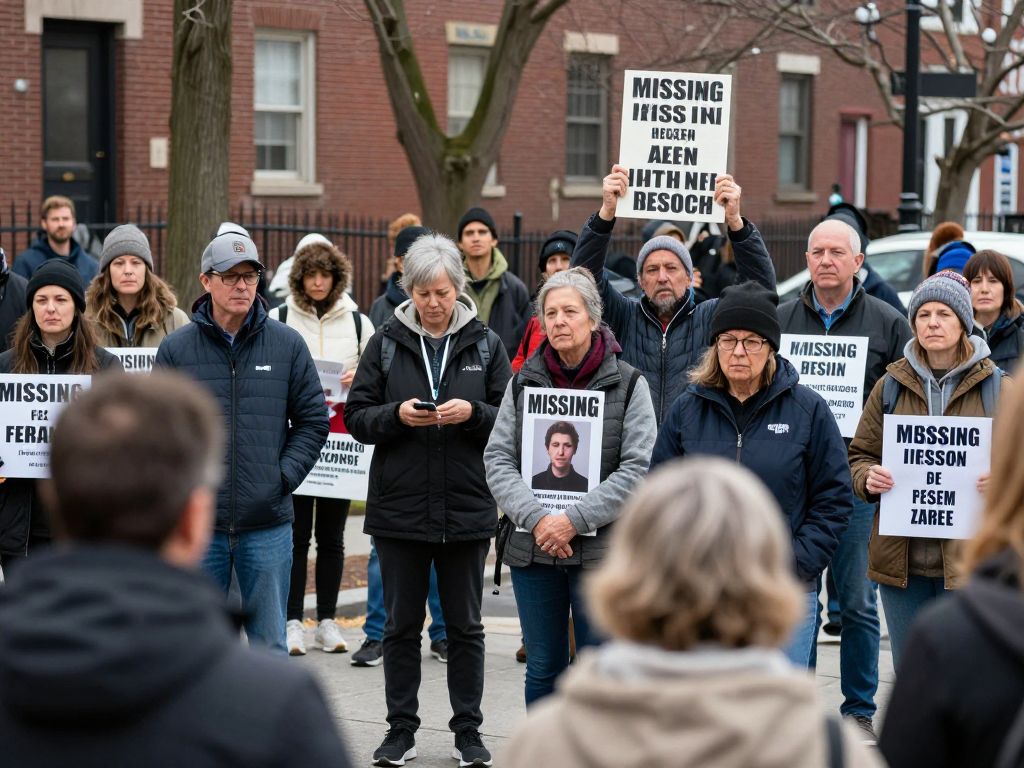News Summary
Advocates in Boston are calling for a major reassessment of the city’s bike lane infrastructure due to increasing safety concerns and alarming statistics on cycling fatalities. With recent criticism over poorly designed lanes, community feedback indicates dissatisfaction with bike lane installations and workflow as local businesses express concern over customer impacts. Mayor Michelle Wu has initiated a review of ongoing bike lane projects, emphasizing the necessity for improved community input and safety evaluations. The ongoing tensions highlight a critical need for rethinking policies regarding bike lanes in Boston.
Boston is currently facing rising tensions as advocates and cyclists are calling for a major reassessment of the city’s bike lane infrastructure amid increasing safety concerns. The demand for a more structured and safer bike lane system arises as statistics reveal a worrying trend in cycling fatalities and the prevalent design flaws within Boston’s existing bike lanes.
In 2023, bicycle deaths in New York City soared to 30—marking the highest figure since 1999—with 23 of those fatalities connected to Blue Bikes, an option that does not mandate helmet use. Similar dangers loom in Boston, where advocates argue that the bike lanes are poorly designed, positioning cyclists at risk due to abrupt ends and unprotected routes. In one tragic case last fall, an experienced cyclist was struck and killed after a bike lane ended suddenly on Memorial Drive, forcing him into high-speed traffic.
The design and installation of bike lanes in Boston have received severe criticism from various groups. Advocates argue that lanes lack a coherent plan, transforming streets into hazardous obstacles for all road users, including pedestrians and motor vehicle drivers. As a response, Jay Cashman, a Boston businessman and founder of the advocacy group Pedal Safe Boston, is championing a comprehensive, master-planned approach to bike infrastructure that prioritizes safety above all else.
Cycling demographics have faced scrutiny as well, particularly in the Netherlands, where cyclists make up 36% of road deaths, heavily affecting seniors aged 70 and above. Advocates note that Boston’s bike lane issues echo alarmingly similar challenges seen in other cities, underscoring a need for immediate action.
Community Response to Bike Lane Initiatives
Recent feedback from community engagements over bike lane installations has revealed dissatisfaction regarding how changes are communicated to residents, as well as the perceived impact on traffic flow and safety. Many believe the current infrastructure is rushed, intended more for showing commitment to safety and climate initiatives rather than addressing actual safety concerns of cyclists.
Opposition to the current bike lane arrangements carried weight in a recent poll conducted by Emerson College, where 48% of Boston voters expressed the belief that the city has constructed too many bike lanes. This sentiment highlighted a divide in perspectives, particularly along lines of political support for Mayor Michelle Wu and her intended vision for bike lane expansion.
In line with addressing these concerns, Mayor Wu initiated a 30-day review of the ongoing bike lane construction projects in February, emphasizing the need for improved community input throughout the planning stages. Simultaneously, residents have begun circulating petitions urging a moratorium on bike lane construction until comprehensive safety evaluations can be performed.
Challenges for Local Businesses
Concerns extend beyond cyclists as local business owners voice unease regarding dwindling customer visits, attributed to reduced parking availability resulting from bike lane installations. This situation has prompted a broader call for discussions that also consider practical implications for safety, accessibility, and the economic vitality of community commerce.
Moreover, criticisms have been levied against the effectiveness of flex post barriers that separate bike lanes from traffic. The recent removal of these protective barriers without prior notification has heightened safety concerns for cyclists who now find themselves more exposed to moving vehicles.
Future Outlook
This ongoing tension regarding bike lane infrastructure in Boston highlights a critical need for reassessment and rethinking of current policies. Both cyclists and business owners alike emphasize that any future discussions regarding bike lanes must prioritize the safety of all road users while simultaneously being cognizant of the economic implications for local businesses. Advocates implore municipal and state leaders to take immediate action to halt further bike lane installations until a thorough, comprehensive safety plan can be conceived and communicated effectively to the community.
Deeper Dive: News & Info About This Topic
HERE Resources
Boston’s Mayoral Race Faces Controversy Over Super PAC Spending
Boston Mayoral Race Intensifies Over Immigration and Infrastructure
Boston Mayoral Race Heats Up: Wu vs. Kraft
Mayoral Forum Highlights Transportation Divide in Boston
Boston Prepares for Annual Bike to Work Day
Tragic Bicycle Collision Claims Life of Local Clergyman in Milton
Boston Launches New E-Bike Incentive Program
Boston Mayoral Candidate Critiques City Council’s Actions
Boston Residents Voice Concerns Over Streetscape Changes
Weekend Getaways in New England: Explore the Scenic Charm!
Additional Resources
- Eastie Times: Mayhem in the Bike Lane
- Wikipedia: Bicycle Safety
- Boston Magazine: Bike Lanes Battle Boston
- Google Search: Boston Bike Lane Concerns
- Momentum Mag: Boston Puts Cyclists at Risk
- Encyclopedia Britannica: Bicycle
- Boston 25 News: City of Boston Responds to New Bike Lane Concerns
- Google News: Boston Bike Lanes

Author: STAFF HERE BOSTON WRITER
The BOSTON STAFF WRITER represents the experienced team at HEREBoston.com, your go-to source for actionable local news and information in Boston, Suffolk County, and beyond. Specializing in "news you can use," we cover essential topics like product reviews for personal and business needs, local business directories, politics, real estate trends, neighborhood insights, and state news affecting the area—with deep expertise drawn from years of dedicated reporting and strong community input, including local press releases and business updates. We deliver top reporting on high-value events such as Boston Marathon, Head of the Charles Regatta, and Boston Harborfest. Our coverage extends to key organizations like the Greater Boston Chamber of Commerce and Associated Industries of Massachusetts, plus leading businesses in finance, biotech, and insurance that power the local economy such as Fidelity Investments, Biogen, and Liberty Mutual Insurance. As part of the broader HERE network, we provide comprehensive, credible insights into Massachusetts's dynamic landscape.





